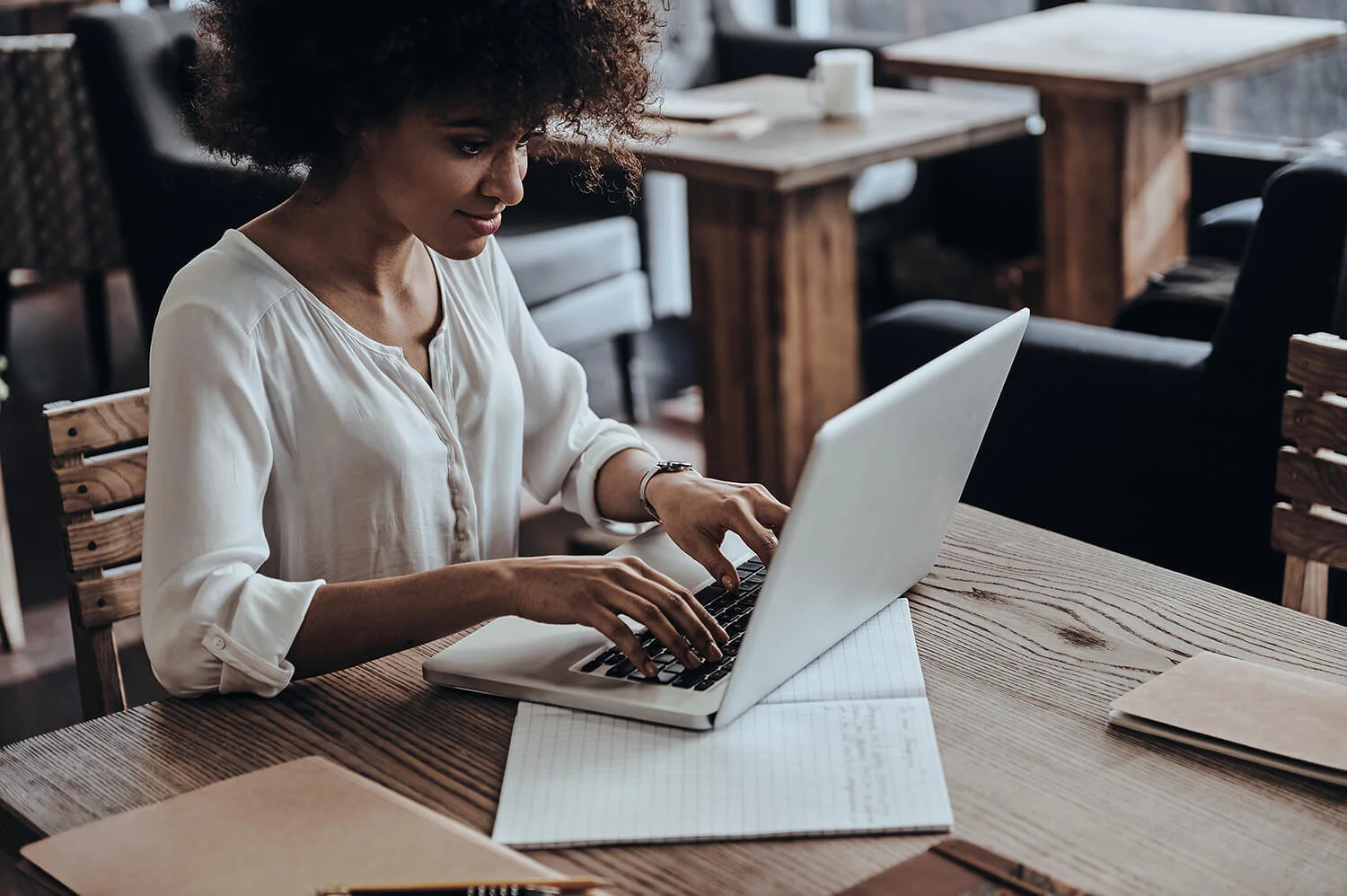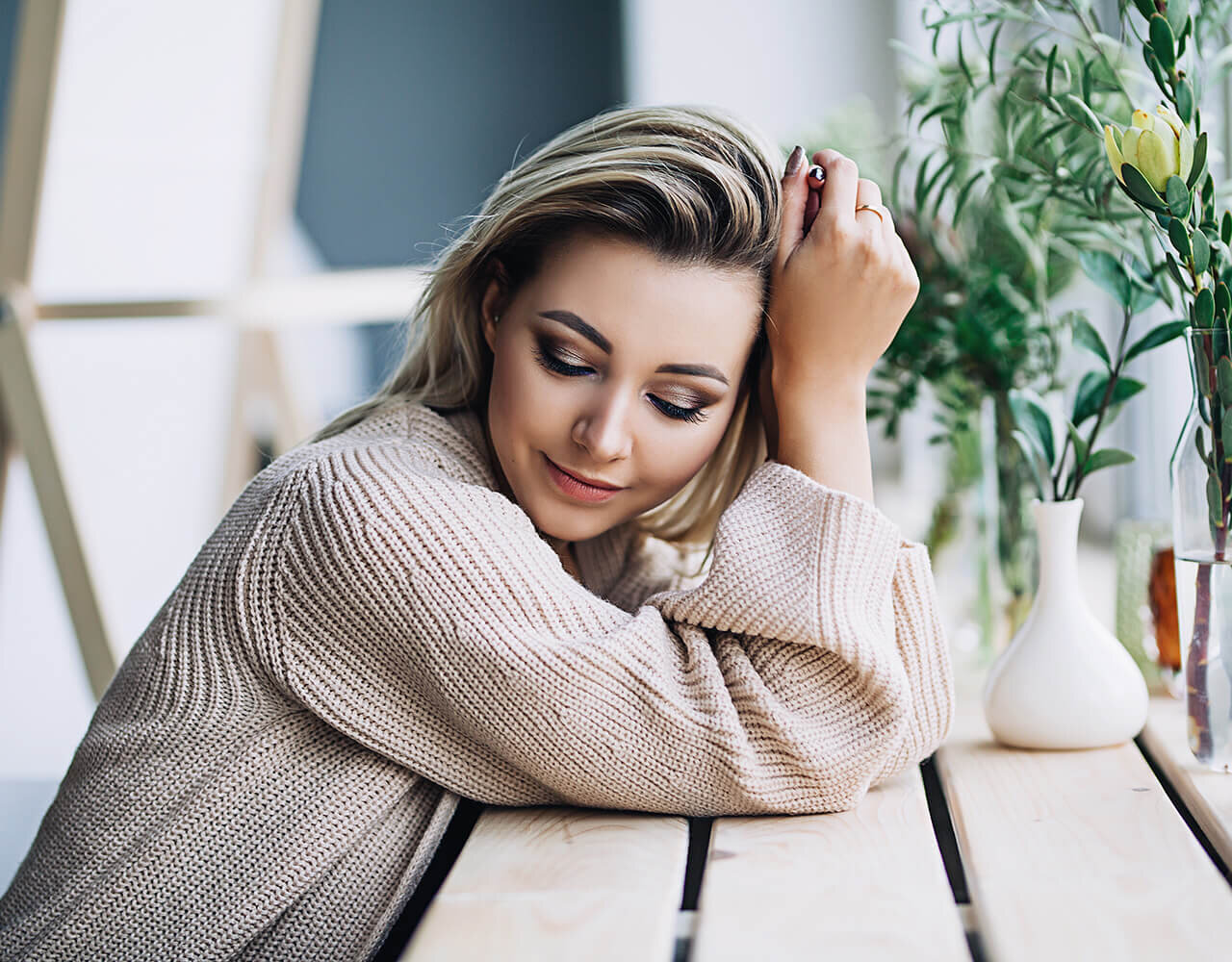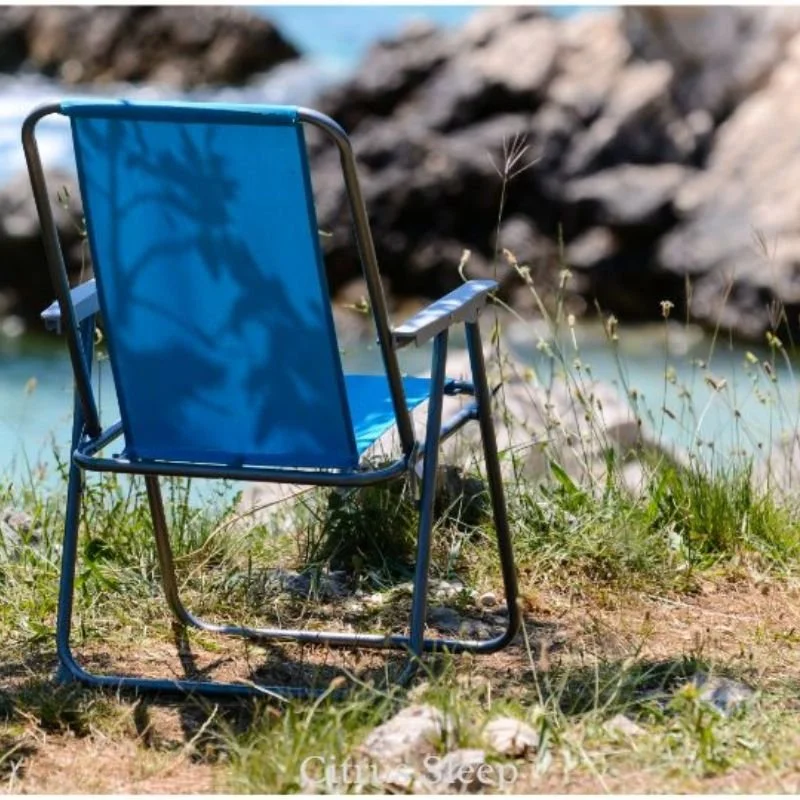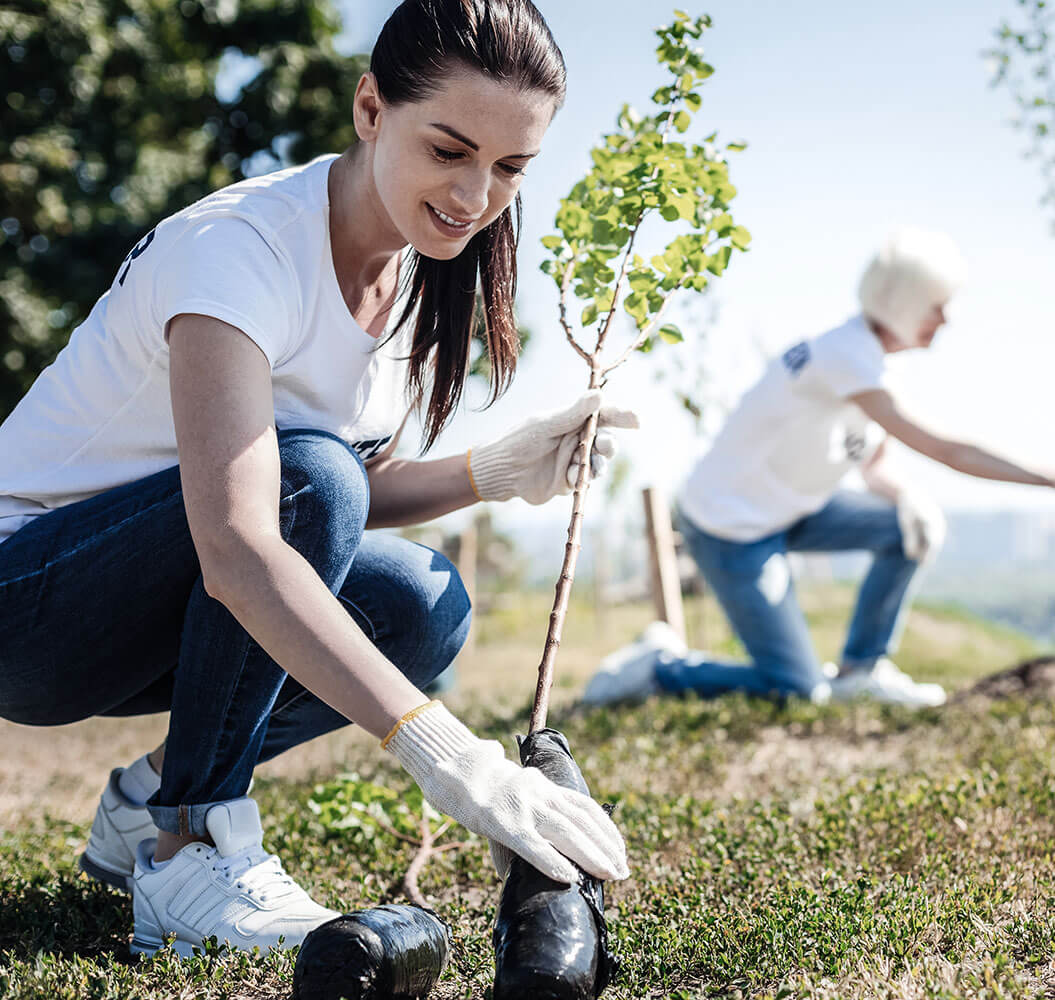Helpful Guide To Avoid Online Distractions
We live in a world where we are connected 24/7. We have smartphones, laptops, tablets and more gadgets that keep us linked to the internet. While this can be great for staying on top of what's happening with your friends or business partners, it can also lead to unhealthy habits.
We are all subject to the many distractions of the internet, from social media to emails and it is not always easy to put on your "online hat" and work through these distractions. Doing so is essential if you want to stay productive!
This post will show you some techniques that might help you develop healthier online habits - that way, you can focus on more important tasks while still being connected with your friends, family, and co-workers.
Rethink Why You Follow
Healthier Online Habits: Rethink Why You Follow
If scrolling Instagram and Facebook seems like more of a time suck that makes you feel bad about yourself than a relaxing way to unwind in the evening, it might be time to rethink why and what you’re doing.
There’s a good chance that your Twitter or Instagram feeds are loaded to the brim with follows that mean absolutely nothing to you. While you likely want to stay up to date with what your bestie across the country is doing in her spare time, there’s a good chance that following that negative Nancy fitness influencer isn’t doing anything to make you feel better about yourself.
You may have found some benefit in following a certain person in the past, but if it’s no longer serving you well, it’s time to rethink why you're following. Lots of people view (and use) social media as a place to rack up followers but there’s nothing saying that you need to be able to see everything and anything.
Consider hiding feeds from certain people on your friends or followers list - or just delete them entirely. When you find yourself going down a social media rabbit hole, just hit unfollow or mute on ten accounts that make you feel bad about yourself. You’ll be able to cut all that negative energy out of your life - and you can find more fulfilling things to fill your time instead.
Be intentional with what you follow. Follow only the pages and posts that bring you true joy. If a person is constantly posting things that upset you every time you open your feed, unfollow, mute, or block them. Choose to follow people and things that make you truly happy.
Keep Your Personal Life Private
It seems as though with the advent of social media, very little is sacred - nothing is private. However, online privacy is vital not only for your sanity and online health, but also for your personal safety.
Make sure you keep personal details like your age, gender, and location private. Pay attention to how details in photographs might give away personal information and do your best to understand the risk associated with oversharing online.
Remember, if it’s not something you would tell a friend or colleague, it probably doesn’t belong online.
Curate Wisely
Healthier Online Habits: Curate Wisely When Online
Whether you’re creating your own content or just sharing things that you find online, be wise about what you choose to curate.
The internet is a treasure trove when it comes to content, after all. From funny cat videos to eye-opening motivational quotes, it's easy to find something to feel inspired by. However, there’s a high likelihood that what’s in your feed doesn’t represent the very best of who you are or what you actually like.
Be honest with yourself. Do you like seeing inspirational quotes or do you just follow those pages because your friends do? Do you actually want to keep up with the news or just feel like “you should”?
Whatever the case may be, take a moment to step back and fully embrace the best of what the internet can offer you - and only you. It’s a great place to find supportive communities of individuals who share your interests and to inspire your own spark of creativity, but you need to stick to accounts that actually do something for you.
Be purposeful with your social media apps. Mindless browsing can lead to all kinds of problems, from anxiety to depression, insomnia, and even social media addiction (yes, that’s a thing). Turn off unnecessary app notifications and just log onto the apps only whenever you actually have the time to do so.
To help you make sure that what you are posting is actually meaningful, consider pausing before you hit “post.” Rather than tweeting, sharing, snapping, or posting everything that comes to mind exactly when it comes to mind, take a moment to reflect on what you actually want and need to share.
There’s all kinds of content on the internet that is neither reliable nor helpful. Don’t share this kind of content! Try to think critically about anything you see and only post things that are legitimate. Look online for resources that will help you verify what you find online and make sure it’s legitimate before you share.
Make it a point not to share material that might be offensive, inappropriate, private, or unverified. Make your social media space a positive environment by weeding out negative information and posts such as this - and you’ll find that it’s a much more relaxing place to spend your time.
Be More Passive
Think about what happens - and how you behave - when you upload a post to Facebook or Instagram.
Healthier Online Habits: Try and Become More Passive Online
Do you leave it alone for a few hours and go about the rest of your day - or do you find yourself refreshing your feed every few minutes to see how many people liked or commented on your posts? Do you feel obligated to respond to every comment or feel nervous if you haven’t checked your accounts in a few days?
If so, it might be time to take a more passive approach to your social media presence. Don’t be obsessive about what you post and share - if you wouldn’t share it with a friend in real life, your social media page is probably not a great place to do so, either. There are lots of known negative effects that social media can have on your self-esteem, from forcing you to compare yourself to others or taking up way too much of your brain space than it deserves.
Step back and try to cultivate a more passive relationship with the internet. Trust us - it won’t miss you (and that’s not a personal dig). Spend more time living in the moment and give your friends and family the undivided personal attention they want - and deserve.
While there’s nothing saying that you can't take a harmless selfie here or there or take a moment to answer an urgent text message from your boss, do your best to unplug and be more passive with your online habits and social media usage in particular.
Take It Elsewhere
Social media has lots of benefits. It can help you connect with friends and family, allow you to stay up to date on the news, and to educate yourself on new topics.
However, it’s important to make sure your energies are appropriately placed.
For example, if you find yourself scrolling through angry comments of the political party you oppose about a certain issue - why are you doing that? Is that really the best use of your energy? Perhaps you could channel that energy into calling your representative instead. Maybe you could spend a few hours working for a volunteer organization related to that issue.
Another common reason why we become addicted to our social media feeds - boredom. If that’s the case with you, think about how your time might be better spent. You’d likely feel much better if you used the time to go for a quick walk outside in the fresh air or spent time on another relaxing hobby.
Even if you’re just using your mindless Instagram Story-watching binge to catch up on what your friends have been up to, take a beat to consider whether this is the best way to stay connected.
Could you give them a call or go out for drinks instead? Chances are, seeing a friend face to face or even giving them a quick call is going to be much more restorative for your friendship than connecting with them via social media.
Remember, you have a whole life outside of the internet. Make sure you are living life in real-time - and not committing yourself solely to your online presence.
Detox and Unplug
You’ve probably seen it a million or more times - the person who dramatically posts on his or her Facebook or Twitter feed that they are going on a social media ``detox” and need to “unplug” for a while.
If the “look-at-me!” The nature of these posts annoys you, don’t worry - you can do a social media detox without - you know - sharing it on social media.
It’s important to minimize the amount of time in a given day that you spend scrolling, but it’s easy to find ourselves drifting to our favorite social media platforms without realizing it. It might be time to do a detox if you’re having trouble staying away.
Delete the apps from your phone. Then, even if you have to wander over to a computer to check the accounts, there’s a good chance that you’re still going to be far less connected to them than you were before.
Our advice? Rather than spending all that newfound free time pining over what you’re missing, take the time to explore a new hobby. You’ll have much more appreciation for the internet when you return - and hopefully, a bit more perspective on the ways of the real world, too.
If you find that you have a hard time breaking away from social media, don’t worry - you aren’t alone! These apps and programs are meant to be addictive. After all, they’ve been developed by some of the brightest minds in the world, all of whom are people who spend their time trying to figure out how our brain chemistry can be used against us. They know what features will make us keep coming back for more - and they leverage those to our advantage!
Did you know that, when you get a “like” on a post, your brain gets a hit of dopamine? Just like drug or alcohol use (or anything else that might prove to be addictive), these hits can cause you to become addicted to the feeling. That addiction, just like an addiction to anything else, can be extremely dangerous.
At the very least, set some clear usage limits for yourself. An all-out detox might not be the best choice for everyone, but chances are, you could benefit from some self-imposed regulation. Create a social media routine by only spending a certain amount of time online a day. Whether that’s during your commute or right before dinner, set limits and stick to them.
Whatever you do, make sure that your predetermined social media time isn’t right before bed - multiple studies have shown that scrolling through social media can negatively impact your sleep.
That time should also be separate from when you should be spending time with family and friends. Try to resist the urge to check your phone every minute when you’re spending quality time with loved ones. Sure, you can answer a text if it’s urgent - but is that Instagram update really that important? Give your loved ones the attention they deserve.
Healthy Changes To Your Online Habits Can Help Improve Your Lifestyle
It’s never too late to start taking steps towards a healthier and more productive life. If you feel like your online habits are negatively impacting your health or work, take these easy-to-implement tips into consideration today.
You don’t have to change everything at once or all by yourself when it comes to your online health- just pick one of the healthy changes below and give it an honest try for two weeks. Consider enlisting an accountability partner to help you work through this challenge - you’re sure to see a difference if you give it some time!
Karen A Mulvey is a personal social blogger and mom with 14 years of experience in the every day world of motherhood and sustainable product research. Karen is on a mission to help everyday families select sustainable, non-toxic organic products, stop stressing about uncertainties on sustainable home goods and apparel, and start living the life they’ve always wanted.
Follow Karen at @karenAmulveycs | Karen A Mulvey

















